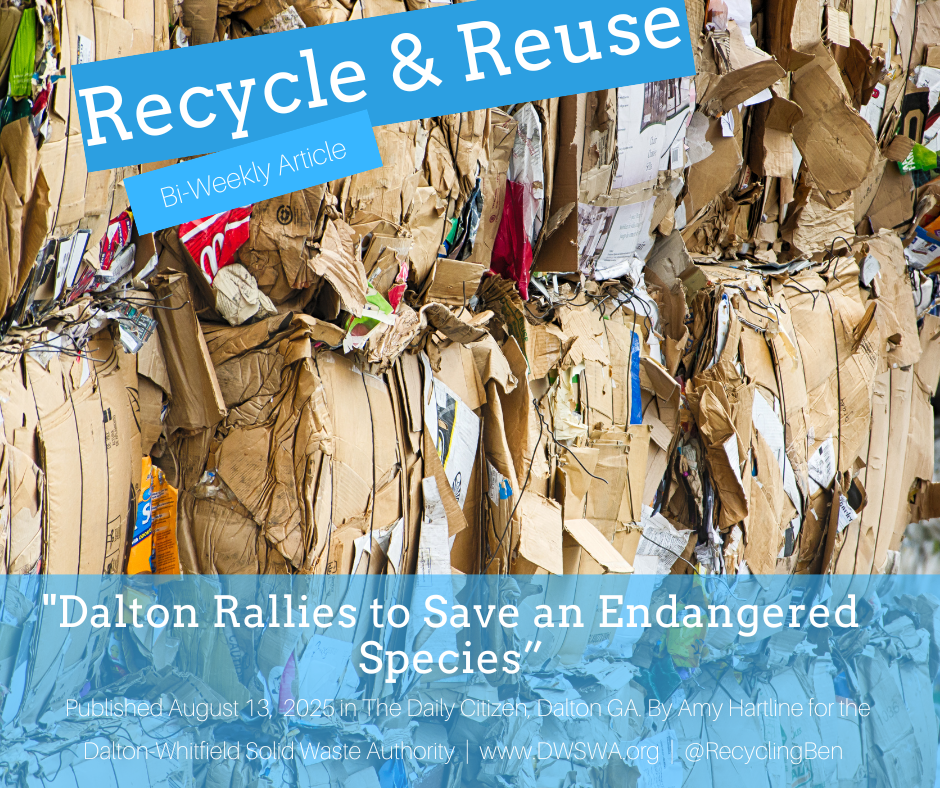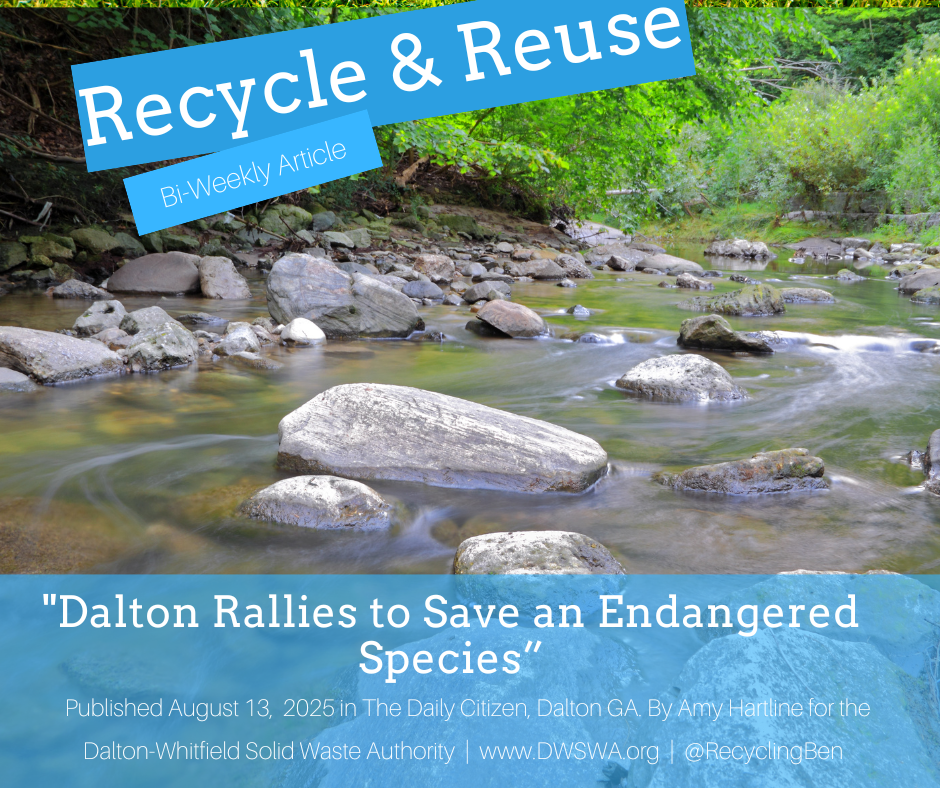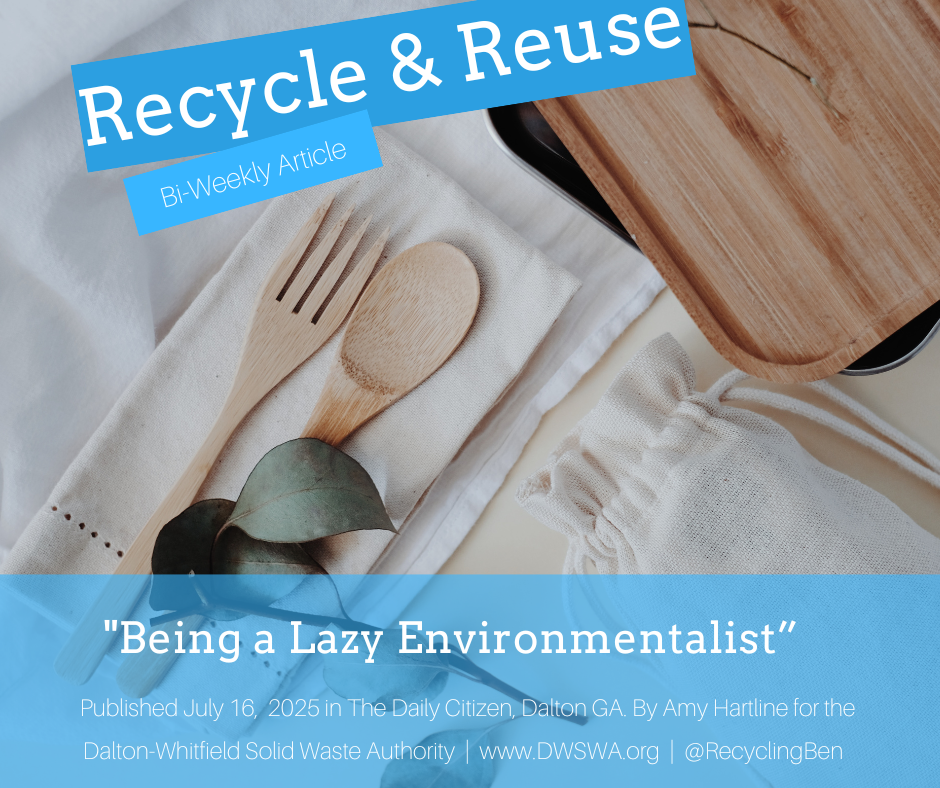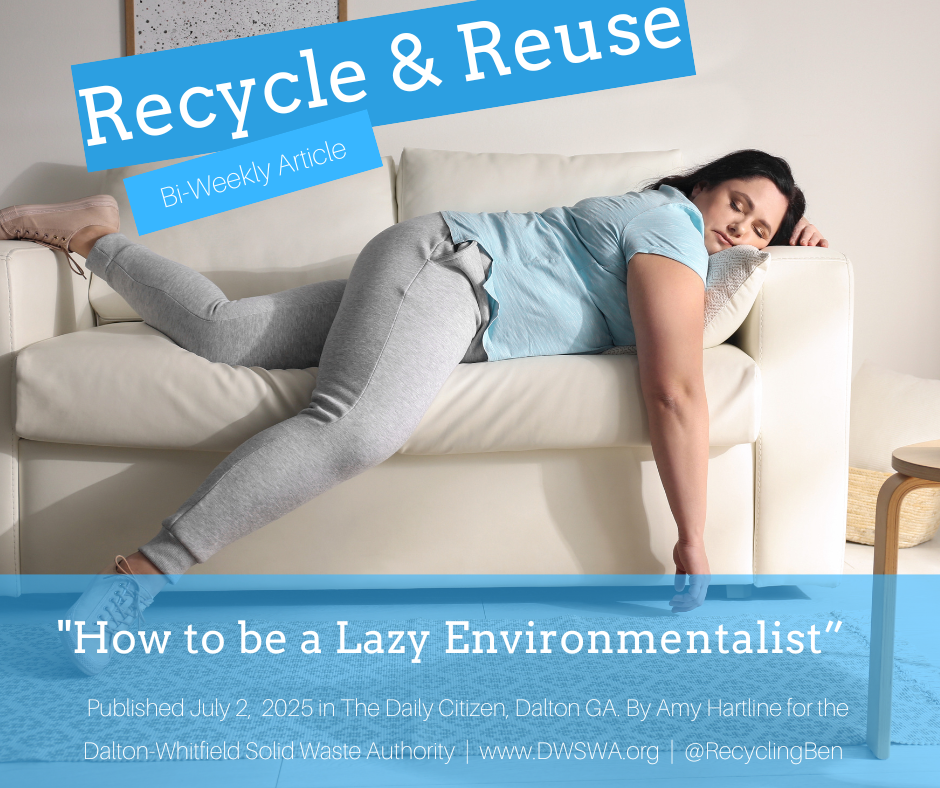Are You Wasting Food by Storing it Incorrectly?
/
Many of us remember struggles at the dinner table when we were children and our parents making us “clean our plates.” When I was about four-years-old, my mother employed this tactic to get me to eat brussels sprouts. I decided the best way to clean my plate was to sneak to the bathroom and flush all of my brussels sprouts down the toilet. As you might imagine, this was not as successful as I might have hoped and about an hour later my father was in there with a plunger finding multiple green brussels sprouts.
While I may have not have understood the importance of not wasting food at the age of four, it is something I prioritize now (yes, even brussels sprouts). Food waste is a huge component of our waste stream. You may have heard of composting as a way to reduce your food waste, but composting is actually the last step in the journey of low-waste production. The first step is planning which includes making grocery lists and planning meals and the second step is being responsible with your food.
Storing food properly helps us be responsible by saving food from the landfill and saving us money. If you haven’t thought much about storing your food for a longer shelf life, there are probably some big improvements you can make just by keeping certain foods away from each other or putting it in your fridge the correct way.
Some fruits and vegetables are ethylene producers. Ethylene is a gas that is sometimes known as the “death hormone” and can cause ethylene sensitive plants to spoil much faster. If we keep the producers and the sensitive fruits and vegetables away from each other we can prolong the length of time we can keep our produce significantly.
On your counter top, keep apples, bananas, and tomatoes together away from the other produce. They are all ethylene sensitive. Also, keep garlic (after it has been taken out of the plastic and set in a bowl) on your countertop.
Some fruits you may want to ripen before storing. Set these on the counter and then move them to the low-humidity drawer of your fridge when they are ready. These include avocados and stone fruits such as peaches or nectarines. You can also do this process with kiwis, but be aware that avocado and stone fruits are ethylene producers and kiwis are ethylene sensitive.
Two staples in my kitchen are potatoes and onions. These both should be kept in a cool dry place, but should be kept as far from each other as possible. Both vegetables release moisture and can cause each other to quickly spoil. In my research, I was surprised to learn that you should keep apples and potatoes stored together. The ethylene from the apples can actually be helpful in this case and keep the potatoes from sprouting for an extra few weeks.
In your fridge, store fresh herbs, except basil, with the stems placed in small jars of water. You’ll also want to transfer basil to a small jar of water, but keep it on a counter in indirect light to keep. You can keep asparagus like your fresh herbs in the fridge just cut off the white ends and place the end of the stalks in the jar. If you find that your leafy greens turn slimy and wilt quickly, rinse them after buying and then dry on a towel. Wrap the leaves in a towel and store it in the high-humidity drawer in the fridge. You’ll also want to store all citrus in the fridge to keep them drying out.
There are too many foods to be able to list them all in one article. If you’re starting to wonder what foods you’ve been storing right and what can be better like I did, visit https://savethefood.com/storage or https://www.stilltasty.com for a full index of items you can quickly search for. Though this might not keep picky eaters from trying to flush food down a commode, we can keep it from being wasted in the landfill by prolonging its shelf life.
































